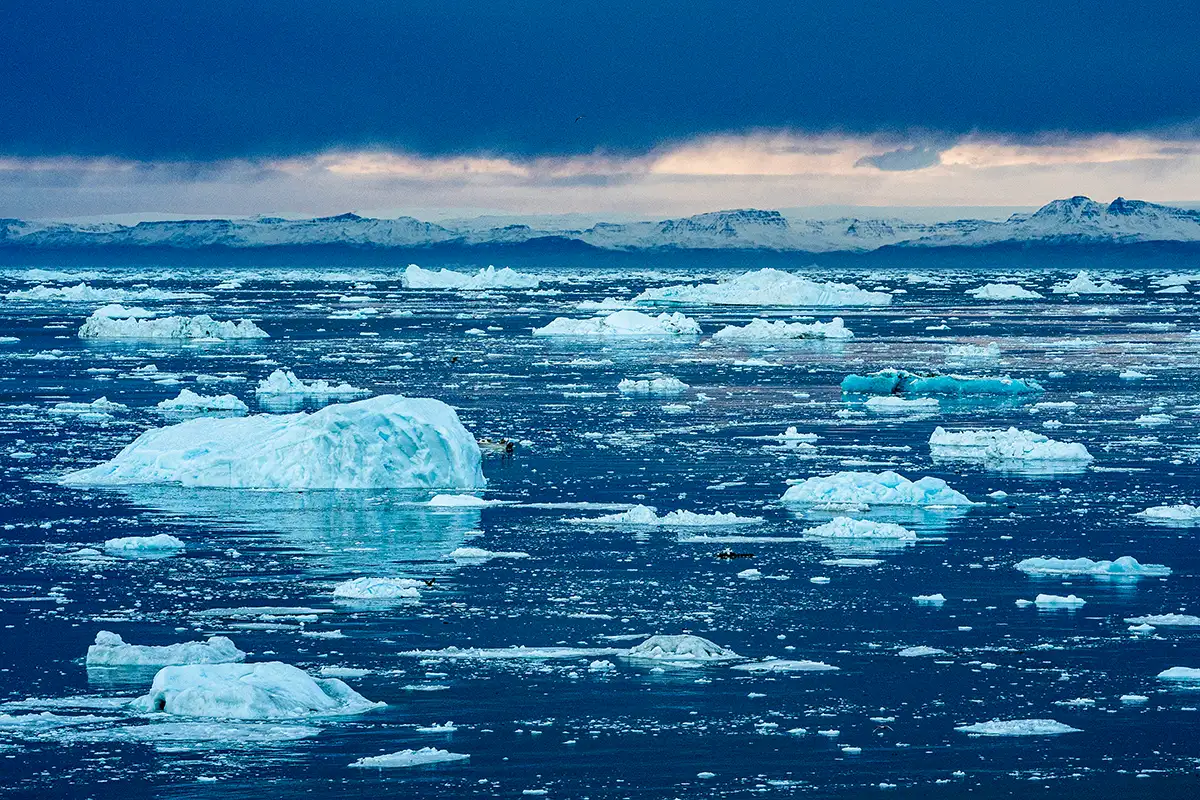In July 2021, with a few of my colleagues, I visited Churna Island, located at the border of the Sindh-Balochistan coastline. I witnessed the beauty of a fragile reef ecosystem that could be lost if people continue to harm the reefs with careless industrial and tourist activities.
Later, in a conversation with Dr. Fehmida Firdous, who formerly worked with the marine science department of Karachi University, I got aware of the severe effects of massive coral bleaching on fisheries communities of Pakistan. During her year-long research work along Pakistan’s coastline, she discovered how science has recently linked climate change with ocean acidification.
The seawater absorbs carbon dioxide from the atmosphere, which reacts and causes acidity in oceans. The increasing acidity along Sindh and Balochistan’s coastlines, due to massive industrial activities, harms both coral reefs and aquatic life.
Humans, throughout history, have taken advantage of oceans as an inexhaustible resource, but now increasing resilience is reaching its limits. Due to global warming, the ocean water temperature rises faster than in the past, resulting in massive climate changes and considerable losses to marine life and impacting the livelihood of fisheries communities.
Oceans regulate the global climates; determine rainfall and regional weather patterns. They are also a substantial store of carbon. As per a recent estimation, 83 percent of the global carbon cycle circulates through marine water.
Meanwhile, increasing global warming has altered these natural forces; consequently, significant parts of the earth are experiencing extreme weather events. Research showed that in the last 200 years, our oceans have absorbed one-third of carbon dioxide produced by human activities and 90 percent of the extra heat trapped by the increasing concentration of greenhouse gases.
At the moment, a primary concern of marine biologists is that the basic chemistry of oceans is altering faster than over the past 65 million years. As a consequence, coral reefs are dying worldwide, all seven turtle species are declared endangered by IUCN, and other marine species, including whale, shark, and javelin fishes, are undergoing habitat degradation and facing challenges to their survival.
Realizing the severity of the situation, Scientia Pakistan brings its exclusive edition on the theme “Marine Biology”.
We have got exciting stories on the Pharmaceutical Treasure of oceans, the latest advancements in marine science, the role of Oceans in climate change and regional weather patterns, plastic pollution, the impact of coral bleaching on Fisher’s livelihood, and much more.
We exclusively interviewed Dr. Shoaib Kaini, a Senior Prof of Marine Science dept Karachi University, on Green and Olive Turtle extinction along Pakistan’s coastline.
Summing up, this edition will be an excellent treat for all ocean and marine biology lovers. Have a wonderful read!
References:
- https://www.worldwildlife.org/stories/how-climate-change-relates-to-oceans
- https://www.climate.gov/news-features/understanding-climate/climate-change-ocean-heat-content

Saadeqa Khan is the founder, CEO, & Editor-in-Chief of Scientia Pakistan. She’s a member of the Oxford Climate Journalism Network (Second Cohort) and NASW. Saadeqa is a fellow of NPF Washington, The Falling Walls Foundation, and the Science Journalism Forum. Saadeqa has won several international journalism grants and awards for her reports.

